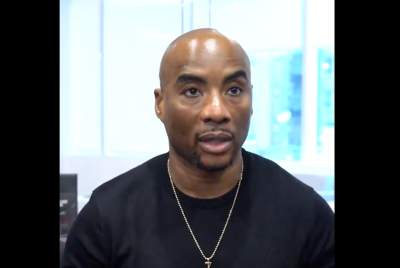Top Brexit negotiator will cost UK taxpayers £750,000 a year
Liberal Democrat MP Tom Brake says a headhunter quoted him the staggering salary.
The UK government will have to fork out a staggering £750,000 ($1m) for a top negotiator to lead Brexit talks, Liam Fox was warned today (8 September).
Liberal Democrat MP Tom Brake made the claim as the international trade secretary faced the House of Commons.
"According to a headhunter I was speaking to a couple of weeks ago, the head of a trade negotiating team if hired as a consultant would cost around £750,000 a year," Brake told the chamber.
The salary would be more than five times that of the prime minister, who is awarded £143,462 per year.
Brake's claim came as Fox revealed he was launching an international recruitment drive for the next top civil servant to oversee the Department for International Trade, which was created in the wake of the UK's decision to split from the EU.
"The Department for International Trade is like the UK as a whole – open for business," Fox told MPs. "We are now going to demonstrate this by launching an open, international recruitment for a new permanent secretary."
The new top civil servant will succeed Sir Martin Donnelly, who came to the Department for International Trade from the ministry formally known as the Department for Business.
Fox paid tribute to Donnelly, while stressing that the Department for International Trade did not want an "expensive standing army of bureaucrats".
The top Tory also announced that the ministry had established a trade working group with India in a bid to "look at barriers to trade". But the UK cannot negotiate bi-lateral free trade deals until it splits from the EU.
European Council President Donald Tusk has urged Theresa May to establish negotiations "asap", as the two held a summit at Number 10 this morning.
The prime minister, however, has ruled out triggering Article 50, the official mechanism to split from the EU, this year.
She also told MPs yesterday that her government would not provide a "running commentary" of their talks with the EU, after Number 10 distanced itself from Brexit Secretary David Davis for suggesting the UK remaining in the EU's single market was "improbable".
© Copyright IBTimes 2025. All rights reserved.






















